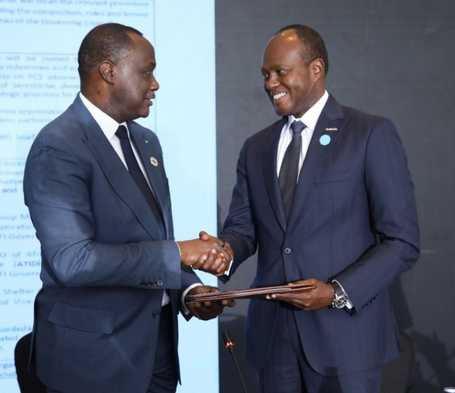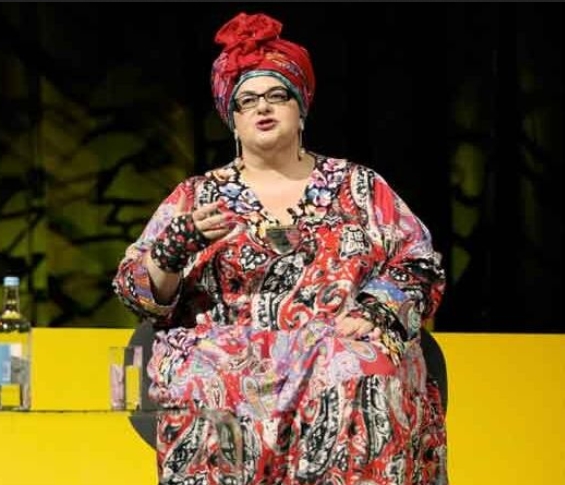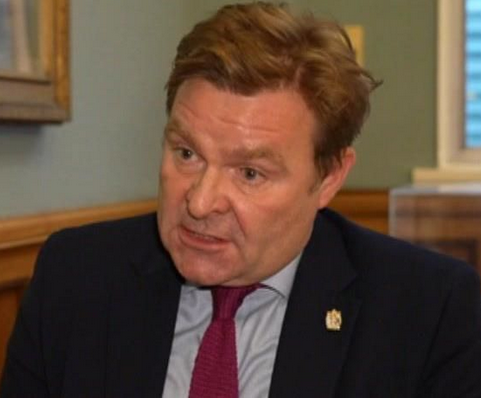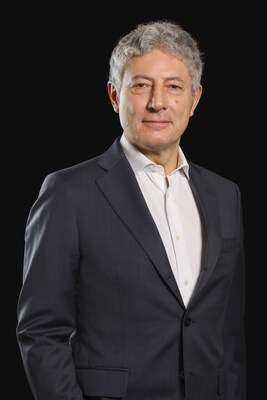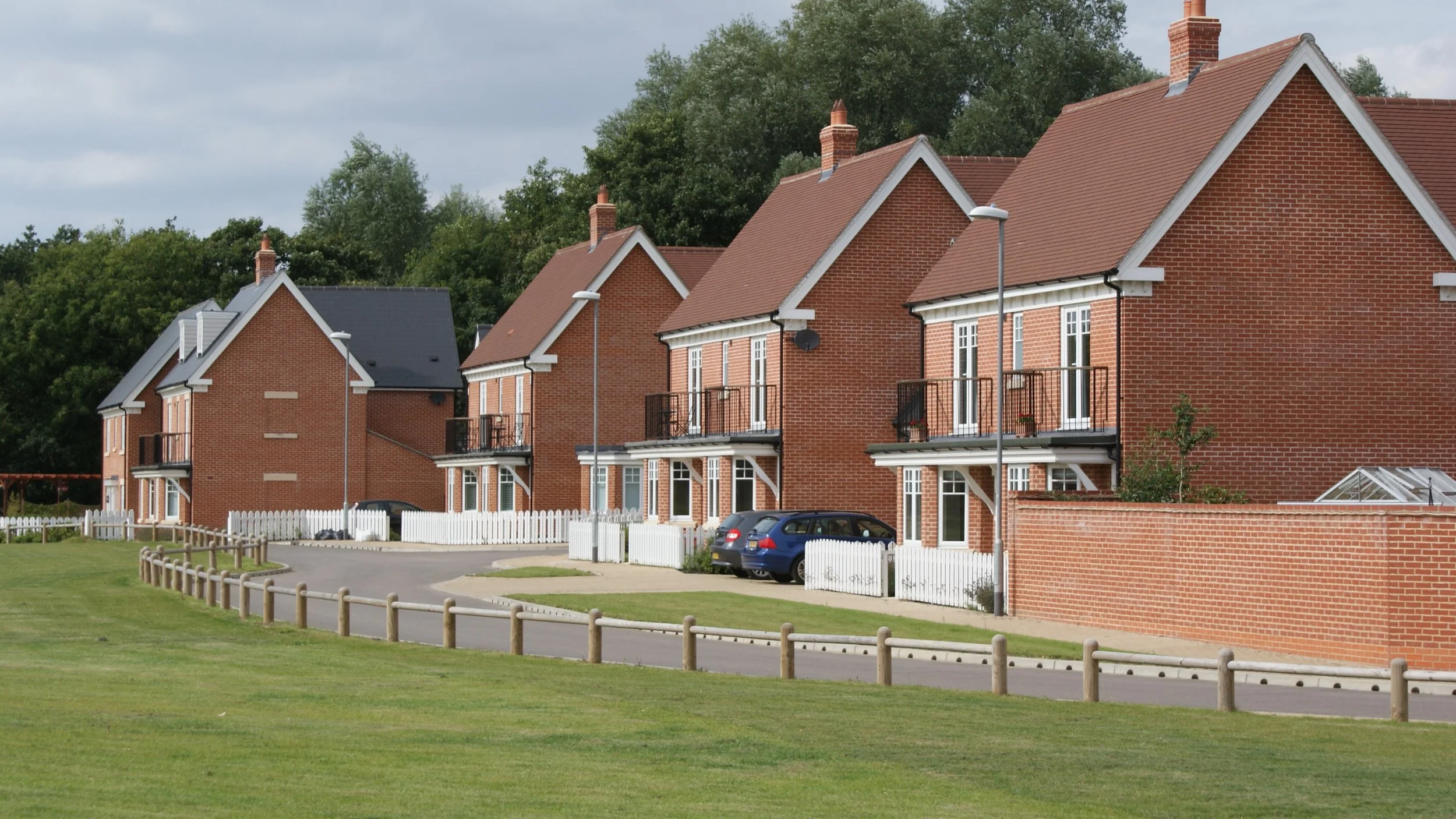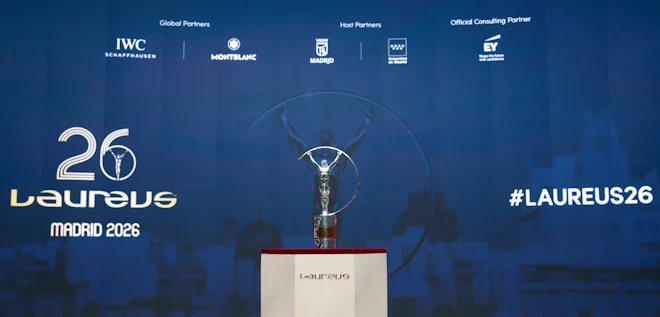The founder and former trustees of the collapsed charity Kids Company have won a High Court battle against being disqualified from other organisations. The Official Receiver argued they were "unfit" to hold directorships because of their handling of the charity. But the ruling cleared former chief executive Camila Batmanghelidjh and the others of personal wrongdoing.
The judge added the charity may have survived had it not been for unfounded allegations of criminal activity. A plan to restructure the organisation's finances had been agreed with David Cameron's government. But the charity closed its doors in 2015 after the Metropolitan Police launched an investigation into sexual assault allegations, following the broadcast of a TV news report.
The police investigation concluded in 2016 after finding no evidence of criminality.
In her ruling, Mrs Justice Falk said the charity, which worked with hundreds of vulnerable children in London and Bristol, may have survived financially to continue its work had it not closed. During the lengthy court battle, the Official Receiver - a body that looks into potential wrongdoing by company directors - had alleged that the charity's former leaders should be disqualified as directors because the organisation had been so badly run.
In the run-up to its collapse, the charity was spending around £20m a year, up to a quarter of which came from the government. The Official Receiver alleged that Kids Company's business model had become unsustainable from around September 2013 and its failure was inevitable. It also alleged that the defendants knew or ought to have known that and should have planned to avoid financial collapse.
The charity's chair at the time of its collapse, who was also cleared by the ruling, was former BBC executive Alan Yentob. Mrs Justice Falk said the case was not proven.
"There was no allegation of dishonesty, bad faith or personal gain," said the judge. "There was no allegation of inappropriate expenditure in relation to any of the children assisted by Kids Company.
"The allegation is not made out against any of the directors and they are not unfit. The case against them fails. While aspects of the charity's work were high-risk, the business model was not unsustainable."
Mrs Justice Falk said the charity had grown rapidly from its south London base as demand for its specialist support services for vulnerable children grew. Despite having a substantial and stable government grant, it also needed to raise additional funds from private donors - and by 2015 it was in talks with Whitehall over how to do that amid concerns about its cash flow and staff costs.
"That restructuring plan was agreed and a further government grant was awarded," said the judge. However the charity was forced to close after sexual assault allegations the same week. The charity was exonerated following a police investigation - but by that time it was too late.
Ms Batmanghelidjh said the ruling was "justice" for the "thousands of staff, volunteers and donors who created Kids Company over nearly 20 years". But she said Kids Company would not have had to "carry that burden of child protection if the child protection system in this country was fit for purpose".
A statement issued on behalf of former trustees said: "Kids Company was forced to close in August 2015 following what the judge records as 'unfounded allegations' of child abuse, which made fundraising from private and government sources impossible. We are pleased that finally the facts have been gathered and assessed in a court of law."


